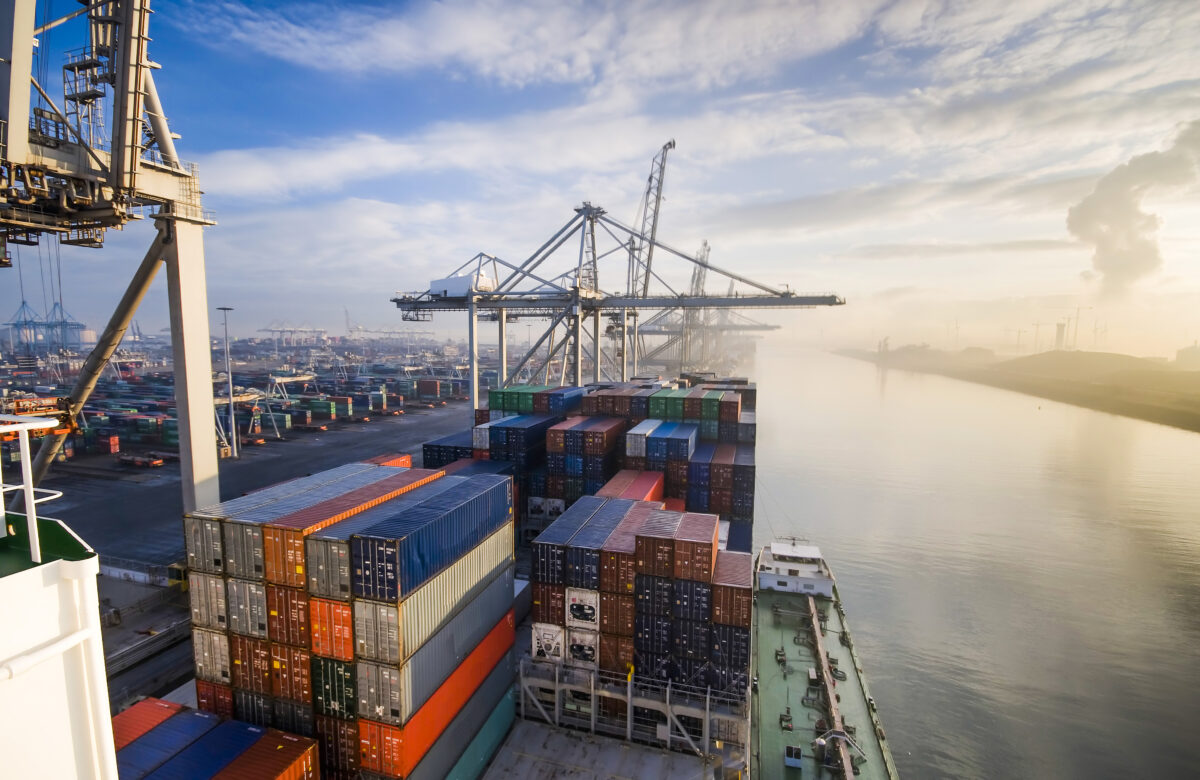In its ruling of 8 February 2016 (4 K 131/14), the Hamburg Finance Court (FG) ruled on the subsequent granting of preferential tariffs under the Generalised System of Preferences (GSP). In principle, preferential tariffs may be granted retroactively within the framework of a refund. However, the burden of proof that the goods had a preferential origin at the time of importation must be borne by the trader
The applicant did not apply for a preferential treatment on importation
In the case underlying the judgment, the plaintiff imported complete bicycles from Cambodia to the EU. It paid the 14% duty declared by the third country without relying on preferential treatment. It then applied for a refund of the customs duties paid on production of proof of preferential treatment. The main customs office rejected the proofs of preferential treatment because, after a mission trip, the European Anti-Fraud Office (OLAF) and the issuing authorities of the country of origin declared the proofs of preferential treatment invalid.
The plaintiff then asserted its claim for reimbursement in court.
Proof of preferential origin must be provided by the applicant
The FG Hamburg dismissed the action. It is true that a subsequent assertion of the preferential treatment is also permissible within the scope of the refund. However, the date on which the import duties were paid was decisive for the existence of the preferential treatment. In other words, in most cases it depends on the time of importation. The conditions for preferential treatment also included the proof of preferential treatment to be provided by the applicant. Since the authorities had declared the proofs of preferential treatment submitted by the applicant to be invalid, the applicant had not been able to prove any preferential origin. Only the preferential proofs provided for by customs law would be considered as proof. Any recourse to national rules of evidence (witnesses, experts, etc.) was inadmissible.
Whether a subsequent granting of preferential customs duties is also possible according to the Union Customs Code (UZK), you can find out from our lawyers specialized in customs law
Dieser Artikel wurde am 9. August 2018 erstellt. Er wurde am 30. September 2023 aktualisiert. Die fachliche Zweitprüfung hat Rechtsanwalt Dr. Tristan Wegner durchgeführt.

